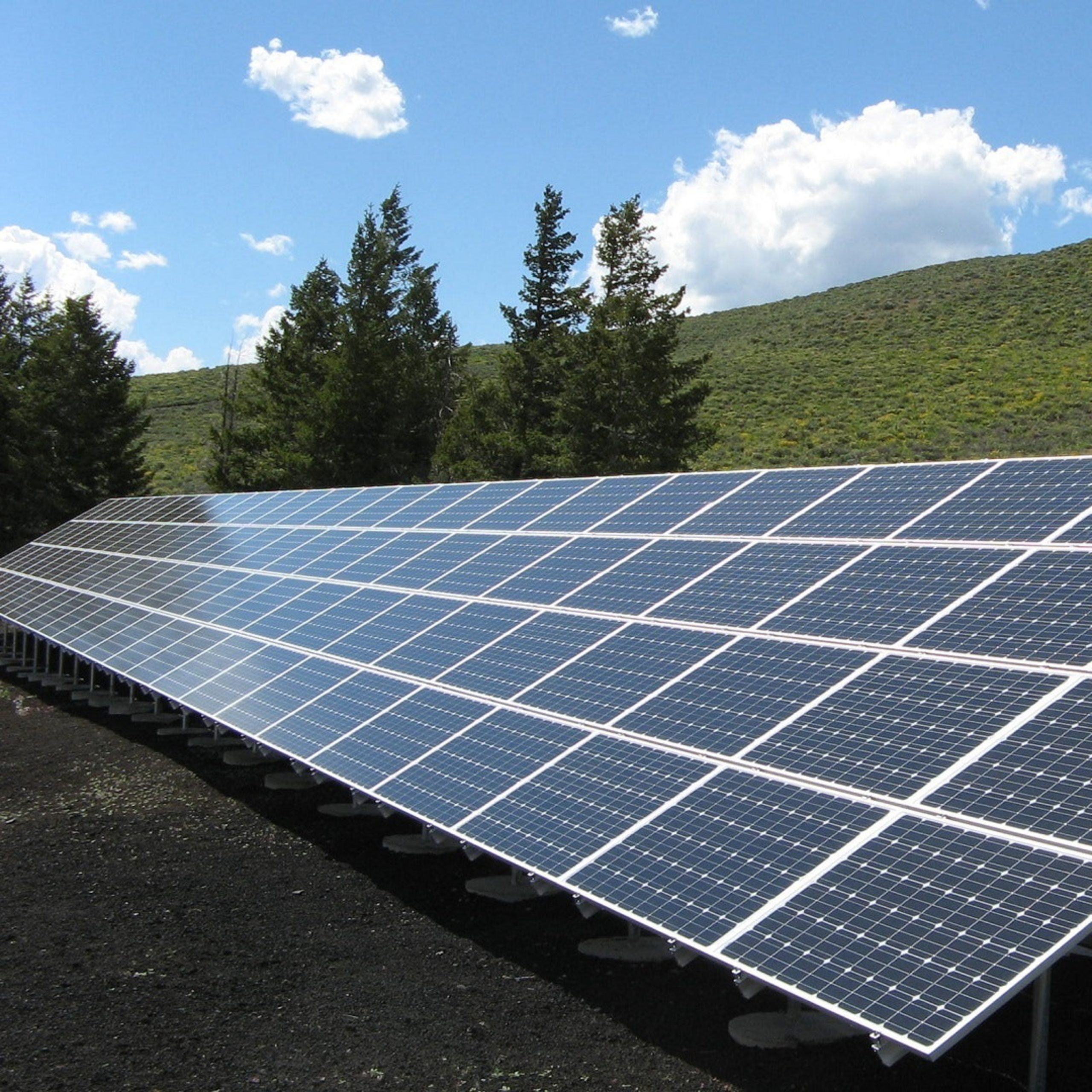by Sophie Mbugua
Nairobi:Natural gas, green and low carbon hydrogen and nuclear energy will play a crucial role in expanding modern energy access in Africa.
Both in the short to medium term while enhancing the uptake of renewables in the long term for low carbon and climate-resilient trajectory in the continent.
This was unveiled in July 2022 by the African Union Commission and its member states in what they say is a practical approach to tackling the energy crisis in the continent.
The African Common Position on Energy Access and Just Transition stipulates that Africa will continue to deploy all forms of its abundant energy resources, including renewable and non-renewable energy, to address energy demand.
Click on the link below for a full conversation with Mofor on why Africa is choosing to mix its energy portfolio with natural gas..
Campaigners warned that Africa is in danger of locking continent into fossil fuels for decades.
Mohamed Adow, Director of Power Shift Africa says Africa does not need the dirty energy of the past. “Africa needs forward-looking leadership that can take advantage of the clean energy of the present and future”.
Linus Mofor, is a Senior Environmental Affairs officer in charge of Energy, Infrastructure, and Climate Change in the Africa Climate Policy Centre at the UN Economic Commission for Africa (UNECA).
Mofor explains that Africa does not have the grid infrastructure required to absorb the high levels of renewables available.
“Campaigners should be focused on the need to invest in transmission distribution infrastructure that can take up the renewable capacity considering that when solar energy goes down,” says Mofor
Why must the energy transition be just to Africa? Listen here
Africa is home to about 560 million people out of over 700 million without access to electricity worldwide.
The continent is negotiating for space to exploit its natural gas reserves as base loads. If the region doubles its electricity production capacity using natural gas only sub-Saharan Africa’s current emissions would rise by 0.6percent
If North Africa, where most reserves are based, doubles its current production, African emissions would rise by one percent.
 Africa is blessed with an abundance of wind and solar but lacks the grid infrastructure required to absorb the high levels of renewables available hence need for natural gas: photo by Sophie Mbugua
Africa is blessed with an abundance of wind and solar but lacks the grid infrastructure required to absorb the high levels of renewables available hence need for natural gas: photo by Sophie Mbugua
Unlocking energy investments in Africa
Over the last 20 years, over US$2.8 trillion has been invested in renewables globally.
Africa attracted only 2 per cent of the global renewable investments, despite its huge renewable energy potential and the push to go renewables.
Mofor says UNECA is bringing together a team of like-minded African investors who can work together to mobilize Africa’s private sector and capital to invest in energy.
COP27 and Energy plan.
The AU common energy plan will be presented and endorsed during the 27th UN Climate summit (COP27) scheduled for November at Sharm El Sheikh in Egypt.
“It would be a shameful betrayal of African people, already on the front line of the climate crisis if African leaders use this November’s COP27 climate summit on African soil to lock Africa into a fossil fuel-based future,” says Adow.
In 2015 during the COP21 in Paris, African heads of state endorsed the Africa Renewables Energy Initiative, a proposed political solution to support energy transformation in Africa.
The African-owned and African-led initiative aimed to foster sustainable development by providing universal access to clean energy in Africa. 10GW of new capacity of renewable energies generation was supposed to have been realized in 2020 and 300GW in 2030.
